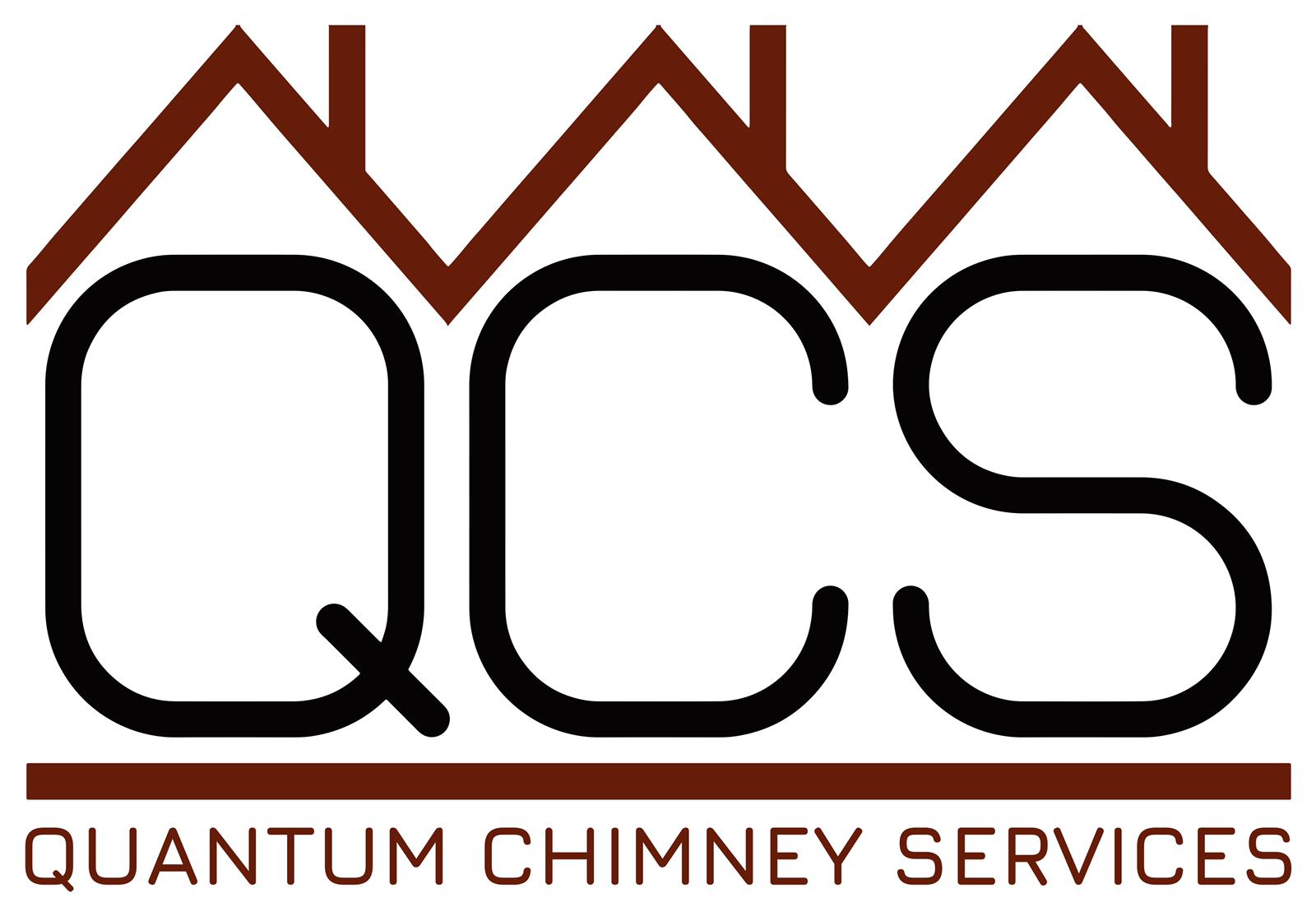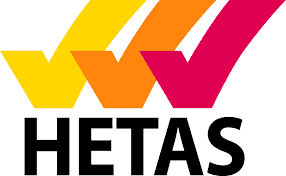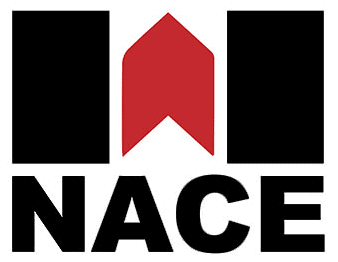If you are buying or selling a property which has a ‘live’ solid fuel appliance, whether that be a stove or open fire, it is becoming more common that the correct documentation and proof of safety is being requested by both solicitors and mortgage lenders.
Here at Quantum Chimney Services, we have noticed a sharp increase in enquiries relating to potential issues with existing appliances, from both the potential home buyer and the seller alike. The most common enquiries we receive relate to sellers with no installation documentation, purchasers concerned regarding age and condition of existing installations and disputes on potential financial implications for repairing or replacing parts or all of an installation.
Our home buyer / vendor condition inspection service offers piece-of-mind to both parties that an existing installation is safe for continued use or any potential safety issues are reported on and a method of rectification offered. This saves both time and money in the purchasing / selling process. As we offer independent specialist services and do not undertake physical installation works, our inspection and reports are focused solely on assessing the safety and compliance of a solid fuel appliance and associated flue system and chimney, ensuring the safety and wellbeing to both the property and the occupants.
Below we have outlined the main points both parties should be aware of, request and look out for when purchasing or selling a property with a solid fuel installation.
Purchasing a property:
- If a stove has been installed, request a copy of the installation certificate of compliance or building notification number. (Please note, a certificate of compliance does not guarantee the works were undertaken to meet the building regulations)
- Request copies of all service and maintenance records
- Request to see the notice plate (usually next to the fuse/consumer board) which will detail the installation, when it was undertaken, by whom and what was installed.
- Check whether carbon monoxide alarms are installed, when they were installed and when they have been tested.
- Request information from the existing property owner on how often they use the appliance, when it was last used, what fuels they use.
- If purchasing a property with a stove or open fire, we recommend a condition and safety inspection is undertaken regardless of documentation available. Should an appliance or flue system be defective, the cost to repair or replace can run into the thousands.
Selling a property:
- Present all relevant documentation regarding the appliance, installation certificates (if applicable), details of the installer, service and maintenance records to the potential purchaser and relevant solicitors.
- Ensure working carbon monoxide alarms are installed in all rooms where a solid fuel appliance is located, in accordance with the Building Regulations.
- We recommend a safety inspection is undertaken before the property is put on the market, regardless of documentation and / or certification. Should any issues, non-compliances or defects be observed at this stage, there is opportunity to have these addressed and rectified without the need to negotiate costs with the potential purchaser. You can then demonstrate the appliance or open fire and associated flue system and chimney are fit for purpose and safe for continued use.
If you have any concerns regarding the condition of an existing installation, whether you are selling or purchasing a property, please do not hesitate to contact us with your query.



